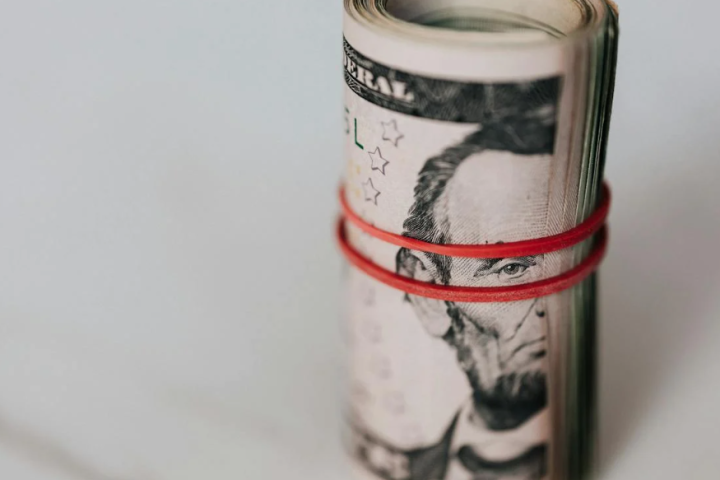The dollar is closing in on its biggest monthly loss against the yen in 2 years, even as the Fed hikes interest rates aggressively
Despite the Federal Reserve and Bank of Japan taking opposing stances on how to rein in skyrocketing inflation, the Japanese yen is on course for its greatest monthly gain versus the US dollar since 2020.
The dollar currently trades at slightly over 133 yen after declining 1.75 percent so far this month. Although barely 5% off the 24-year high over 139 achieved two weeks ago, this represents the worst monthly decline since July 2020.
Despite the Fed’s consecutive 75 basis point interest rate increases, which tend to boost a nation’s currency’s value, the dollar has seen some of its supremacy wane. Contrarily, the BoJ has adopted a dovish stance toward containing inflation and is one of the few central banks that hasn’t yet increased interest rates, despite the fact that consumer price pressures are at their highest levels in almost eight years.
Analysts said that investors’ concerns about the general health of the US economy were reflected in the dollar’s waning strength.
Poor US statistics will hurt the dollar, particularly when compared to the yen and the Swiss franc, according to Chris Weston, head of research at Pepperstone. Since the Fed is no longer operating automatically when it comes to rate hikes, economic data is now far more significant since the USD is a real cyclical currency as opposed to a safe-haven play.
The yen is again rising versus the dollar after falling approaching 24-year lows in June and early July. Due to the BoJ’s ultra-dovish interest rate stance, the currency has become a favorite choice for foreign exchange speculators who want to borrow the yen cheaply in order to sell it and acquire higher-yielding currencies — a strategy known as the “carry trade.”
One of the key currency trades of 2022 has been selling the yen. Early this year, partly as a result of the BoJ’s interest rate policy, traders built up a record short position in the yen, but they have since reduced it, which is responsible for some of the currency’s recent gains. The Commodity Futures Trading Commission’s data shows that the magnitude of those negative bets has now decreased to about half of what it was in the spring.
the source used in the preparation of the news: https://markets.businessinsider.com


